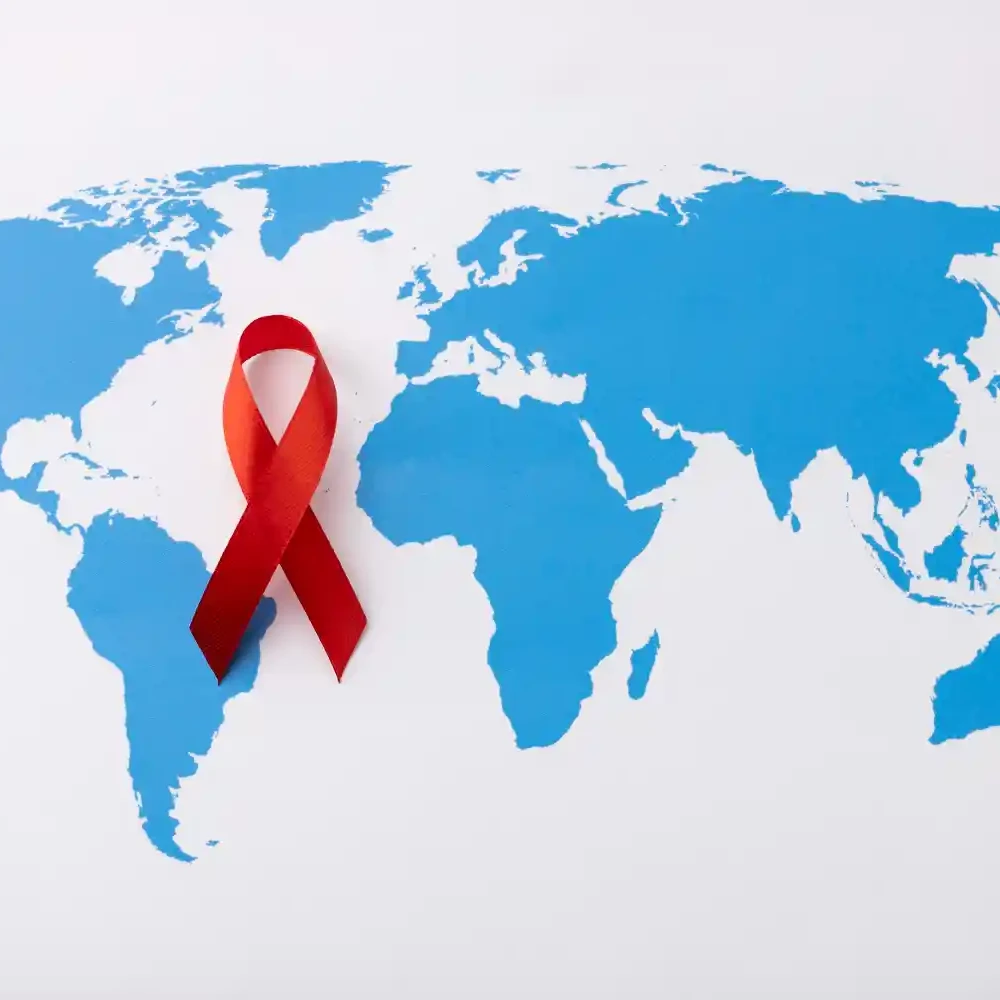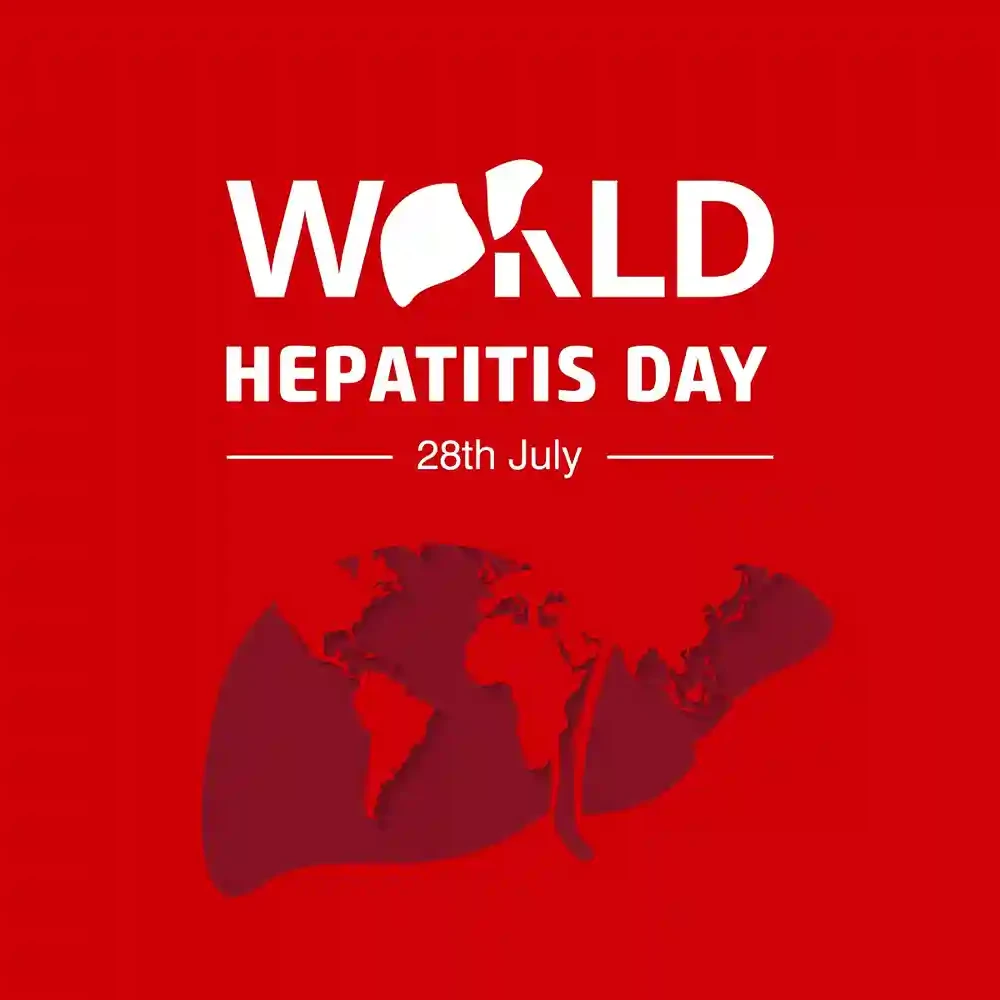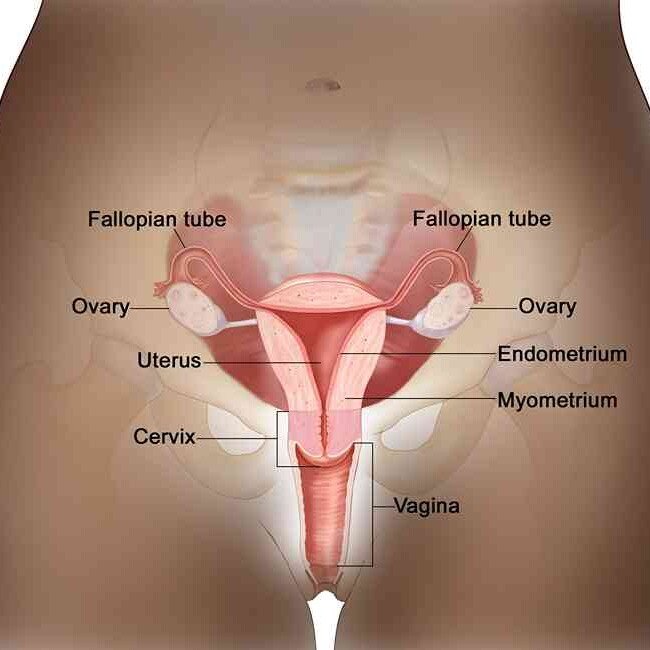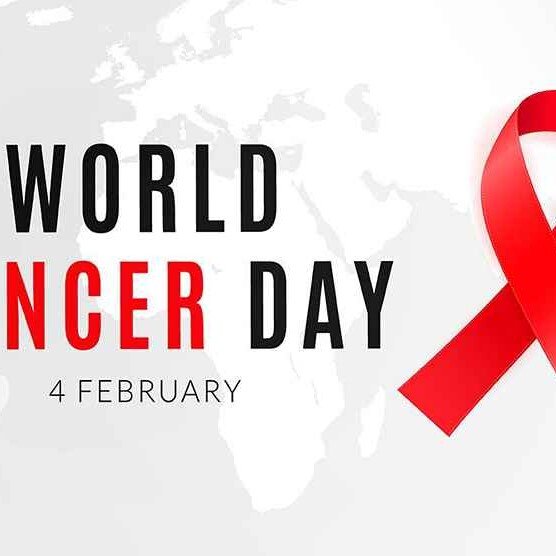Every year on April 7th, the world comes together to celebrate World Health Day.
The inception of World Health Day was driven by the need to create a unified global health movement.
The day serves as a global platform to raise awareness about critical health issues and encourage action to improve health outcomes for everyone, everywhere.
It also marks the founding anniversary of the World Health Organization (WHO) in 1948, a specialized agency of the United Nations, that has been at the forefront of defining and promoting global health standards.
Since its establishment, the WHO has been at the forefront of combating health crises, advancing medical research, and promoting health equity.
By designating April 7th as World Health Day, the WHO aimed to focus worldwide attention on pressing health challenges and mobilize action towards achieving better health for all.
Understanding Health
Health is a fundamental aspect of human well-being and development, influencing every aspect of life from personal happiness to economic productivity.
According to the WHO, health is not merely the absence of disease or infirmity but a state of complete physical, mental, and social well-being.
This holistic definition underscores the multifaceted nature of health and the importance of a comprehensive approach to health care and health policy.
The WHO’s definition of health as a state of complete physical, mental, and social well-being represents a significant shift from the traditional biomedical model that focuses primarily on the absence of illness.
This inclusive definition recognizes that health is influenced by a wide array of factors, including social, economic, and environmental conditions.
It acknowledges that mental health and social well-being are as crucial as physical health, advocating for a balanced and integrated approach to health care.
A. Physical Health
Physical health is often the most visible and commonly understood aspect of health.
It encompasses the proper functioning of the body’s systems, free from disease, injury, and pain.
The WHO promotes physical health through various initiatives aimed at preventing and managing diseases, improving access to essential medicines, and encouraging healthy lifestyles.
Vaccination programs, campaigns against communicable diseases like malaria and tuberculosis, and initiatives to reduce non-communicable diseases such as heart disease and diabetes are all integral parts of the WHO’s efforts to enhance physical health worldwide.
B. Mental Health
Mental health is a critical component of overall health, impacting how individuals think, feel, and act.
It influences the ability to handle stress, relate to others, and make choices.
The WHO has been a strong advocate for mental health awareness, highlighting the prevalence of mental health disorders and the need for accessible mental health services.
Campaigns such as “Depression: Let’s Talk” aim to reduce stigma and encourage people to seek help.
The WHO’s Mental Health Action Plan focuses on integrating mental health into primary health care, ensuring that mental health services are available and affordable for all.
C. Social Well-being
Social well-being involves the quality of relationships and community life, including factors such as social inclusion, support networks, and the ability to participate in society.
The WHO emphasizes the role of social determinants of health, such as education, employment, and housing, in achieving social well-being.
Health inequities often arise from disparities in these social determinants, and the WHO advocates for policies that address these root causes.
Initiatives aimed at reducing poverty, improving education, and ensuring safe and healthy environments are essential for promoting social well-being and, consequently, overall health.
The Importance of World Health Day
- Raises awareness about global health issues: World Health Day is a global platform to shine a light on critical health issues affecting people around the world. Each year, a specific theme is chosen to bring focus to a particular health concern, such as mental health, infectious diseases, or maternal health. This awareness can lead to increased advocacy, funding, and research for these issues.
- Promotes health education: World Health Day is an opportunity to educate people about how to stay healthy and prevent diseases. This can be done through campaigns, workshops, and other educational initiatives. By empowering people with knowledge, they can make better choices about their health and well-being.
- Encourages collective action: World Health Day is a call to action for governments, organizations, and individuals to work together to improve health outcomes for all. This can involve developing and implementing policies that promote health, investing in healthcare systems, and supporting research into new treatments and cures.
- Celebrates health achievements: World Health Day is also a time to celebrate the progress that has been made in global health. This can help to motivate people to continue working towards a healthier world.
World Health Day 2024
The theme for World Health Day 2024 was “My health, my right”.
This theme focused on ensuring everyone, everywhere has access to quality health services, education, and information.
It also aimed to promote access to clean air, safe water, good nutrition, quality housing, decent working and environmental conditions, and freedom from discrimination.
Here are some simple steps you can incorporate into your daily routine to champion your health:
- Eat a balanced diet rich in fruits, vegetables, and whole grains. Don’t forget to stay hydrated!
- Regular exercise, even just a brisk walk, can boost your mood, energy levels, and overall health.
- Aim for 7-8 hours of quality sleep each night to allow your body and mind to recharge.
- Practice stress management techniques like meditation or deep breathing.
- Social interaction is vital for emotional well-being.
- Regular check-ups with your doctor can help detect and prevent health issues early on.
Themes of previous World Health Days
Each year, World Health Day is centered around a specific theme that highlights a particular health concern.
These themes are carefully selected to address global health priorities and to catalyze international efforts to address these issues.
Some of the past themes are included below:
| YEAR | WORLD HEALTH DAY THEME |
|---|---|
| 2023 | Health for All |
| 2022 | Our planet, our health |
| 2021 | Building a fairer, healthier world |
| 2020 | Support nurses and midwives |
| 2019 | Universal Health Coverage: everyone, everywhere |
| 2018 | Universal Health Coverage: everyone, everywhere |
| 2017 | Depression: Let’s talk |
| 2016 | Halt the rise: beat diabetes |
| 2015 | Food safety |
| 2014 | Vector-borne diseases: small bite, big threat |
| 2013 | Control your blood pressure |
| 2012 | Good health adds life to years |
| 2011 | Antimicrobial resistance: no action today, no cure tomorrow |
| 2010 | Urbanization and health |
| 2009 | Save lives. Make hospitals safe in emergencies |
| 2008 | Protecting health from the adverse effects of climate change |
| 2007 | International health security |
| 2006 | Working together for health |
| 2005 | Make every mother and child count |
| 2004 | Road Safety |
| 2003 | Shape the Future of Life: Healthy Environments for Children |
| 2002 | Move for Health |
| 2001 | Mental Health: Stop Exclusion, Dare to Care |
| 2000 | Safe Blood Starts with Me |
| 1999 | Active Aging makes the difference |
| 1998 | Safe motherhood |
| 1997 | Emerging infectious diseases |
| 1996 | Healthy Cities for Better Life |
| 1995 | Global Polio Eradication |
| 1994 | Oral Health for a Healthy Life |
| 1993 | Handle life with care: Prevent violence and neglect of elders |
| 1992 | Heartbeat: A rhythm of health |
| 1991 | Should disaster strike, be prepared |
| 1990 | Our Planet, Our Earth: Care for it |
| 1989 | Let’s talk Health |
| 1988 | Health for All: All for Health |
| 1987 | Immunization: A chance for every child |
| 1986 | Healthy living: everyone is a winner |
| 1985 | Healthy Youth – Our best resource |
| 1984 | Children’s health: Tomorrow’s wealth |
| 1983 | Health for all by the year 2000: Countdown has begun |
| 1982 | Add life to years |
| 1981 | Health for all by the year 2000 |
| 1980 | Smoking or Health: the choice is yours |
| 1979 | A healthy child: a sure future |
| 1978 | Down with high blood pressure |
| 1977 | Immunize and protect your child |
| 1976 | Foresight prevents blindness |
| 1975 | Smallpox: point of no return |
| 1974 | Better food for a healthier world |
| 1973 | Health begins at home |
| 1972 | Your Heart is Your Health |
| 1971 | A full life despite diabetes |
| 1970 | Early detection of cancer saves lives |
| 1969 | Health, Education, and Housing |
| 1968 | Health in the World of Tomorrow |
| 1967 | Partners in Health |
| 1966 | Man and his cities |
| 1965 | Smallpox eradication |
| 1964 | No Truce for Tuberculosis |
| 1963 | Hunger: Disease of Millions |
| 1962 | Preserve sight – prevent blindness |
| 1961 | Accidents and their prevention |
| 1960 | Malaria eradication |
| 1959 | Mental illness and mental health in the world |
| 1958 | Ten years of health progress |
| 1957 | Food for all |
| 1956 | Disease prevention |
| 1955 | Clean water means better health |
| 1954 | The nurse: pioneer of health |
| 1953 | Health is Wealth |
| 1952 | Healthy surroundings make healthy people |
| 1951 | Health for Your Child and World’s Children |
| 1950 | Know your Health Services |
This table presents the World Health Day themes (2023–1950)
Health for All
The WHO’s vision of “Health for All” is built on the principle that health is a fundamental human right.
Achieving this vision requires a commitment to universal health coverage (UHC), ensuring that all individuals and communities have access to the health services they need without suffering financial hardship.
UHC encompasses a range of services, from health promotion and prevention to treatment, rehabilitation, and palliative care.
The WHO works with countries to strengthen their health systems, promote equitable access to health services, and ensure that health care is affordable and of high quality.
How You Can Participate in World Health Day
There are many ways to get involved in World Health Day activities:
1. Organize or Participate in Events
Set up or join local health fairs where people can get health information, screenings, and resources.
Host or attend workshops and seminars focusing on the World Health Day theme.
Organize or participate in community runs, walks, or fitness classes to promote physical activity.
2. Advocate for Health Policies
Write letters or emails to your local, state, or national representatives advocating for health policies that align with the World Health Day theme.
Get involved with organizations that work on health issues and participate in their advocacy efforts.
3. Volunteer Your Time
Offer your time and skills at local health clinics or community health organizations.
Volunteer to speak at educational institutions about the importance of health and this year’s World Health Day theme.
4. Raise Funds for Health Causes
Organize fundraising events such as bake sales, charity runs, or online crowdfunding campaigns to support health-related causes.
Contribute to organizations working on health initiatives, especially those focused on the current World Health Day theme.
5. Promote Healthy Lifestyles
Encourage healthy eating habits by sharing nutritious recipes and hosting healthy cooking demonstrations.
Start or join exercise programs in your community to promote physical fitness.
6. Support Mental Health
Raise awareness about mental health issues and the importance of mental well-being.
Start or join support groups for mental health, providing a space for people to share experiences and support each other.
7. Collaborate with Local Businesses
Partner with local businesses to offer discounts on healthy foods, gym memberships, or wellness services.
Encourage businesses to implement or enhance workplace wellness programs.
8. Leverage Digital Platforms
Host or participate in online webinars and discussions focusing on the World Health Day theme.
Use hashtags and share posts related to World Health Day to increase visibility and engagement.
9. Engage with Schools and Educational Institutions
Work with schools to incorporate health education into their curriculum.
Organize interactive activities such as health quizzes, essay competitions, or art contests related to the theme.
10. Participate in Global Health Initiatives
Support and participate in WHO campaigns and initiatives.
Consider volunteering with international health organizations to support global health efforts.
Obisesan Damola
Damola is a medical doctor who has worked in the Nigerian healthcare industry for a little over 3 years in a number of primary, secondary, and tertiary hospitals. He is interested in and writes about how technology is helping to shape the healthcare industry. He graduated from the College of Medicine, University of Ibadan, the foremost medical training institution in Nigeria.



